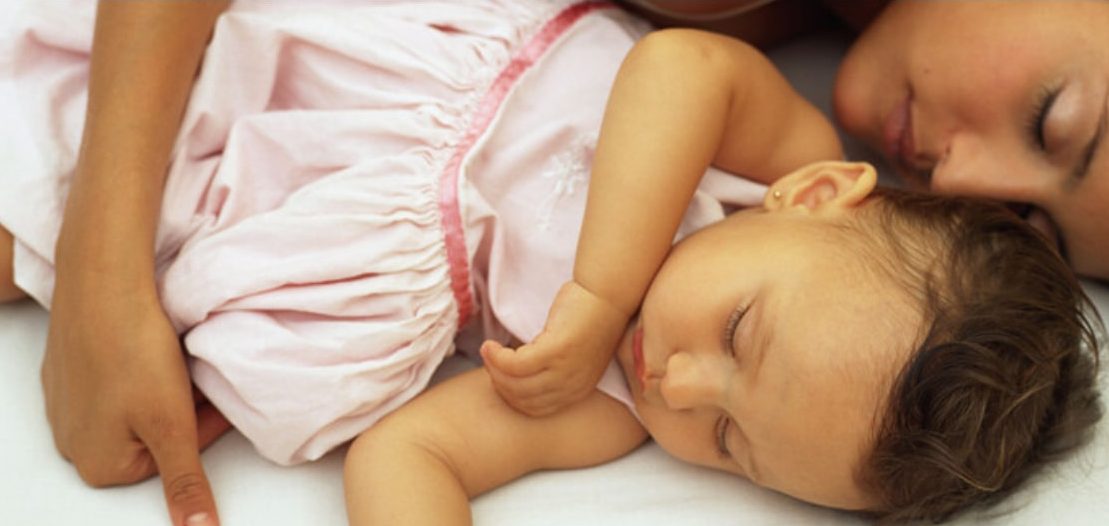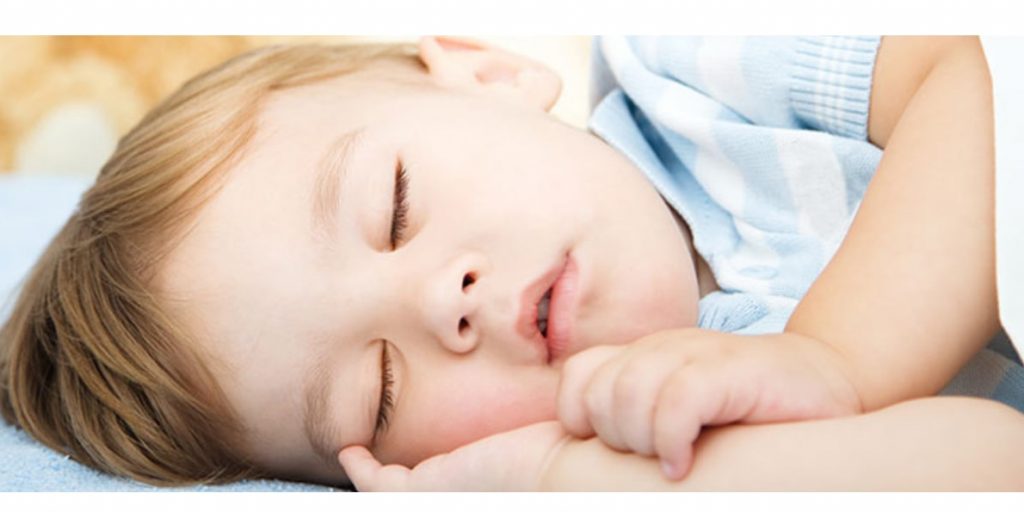Snoring in children
Snoring includes sounds that occur during sleep due to obstruction of some airways to the mouth. Opening and closing the airway causes tissue in the throat to vibrate. The loudness of the sound depends on how much air passes through the ducts and how strong the vibration is. Three- to four-year-olds tend to show snoring in the deep stages of sleep if they have it. They also are not related to more serious problems; Problems such as obstructive sleep apnea syndrome, intermittent awakenings, or inability of the lungs to breathe at low oxygen levels.
In children who do not have any particular problems, regular, snoring at night is unusual and sometimes indicates a respiratory infection, or narrowing of the nasal passages, or allergies. Apart from these cases, the next accused is sleep apnea.
Children’s muscles are at rest during sleep, but this condition may become so severe that it can lead to obstruction or narrowing of the airways. This can lead to long pauses in breathing. In response to this cessation of breathing, the brain tries to solve the problem, which leads to shortness of breath and snoring. The person may even wake up to be able to breathe because sleep is disturbed in this state, the child will be deprived of enough sleep and will be drowsy during the day.
ASONOR® is a simple solution to stop snoring.
What are the factors of snoring in children?
Factors that aggravate this condition include obesity, allergies, asthma, gastrointestinal reflux disorders. The role of anatomical abnormalities of the face and jaw and neurological disorders should not be forgotten. In children, the tonsils can also become obstructed due to their size.
Failure to diagnose and treat sleep apnea can lead to sleep deprivation and behavioral problems that manifest in children at school! Research has shown that children who snore are twice as likely to have learning and attention problems in school.
Worrying snoring in children
During the night, children with sleep apnea may:
- Snore loud and regular.
- Stop breathing, which also weakens them.
- If they do not have a good sleeping position, start snoring.
- Sweat a lot during the night.
During the day, children with sleep apnea may:
- Have behavioral, educational, and social problems.
- Have trouble waking up.
- Have headaches, especially in the morning.
- Be irritable, grumpy, upset, and aggressive.
- Breathe more with their mouth and so-called sound from the nose.
If you have a child who snores at night, check for the symptoms mentioned. If you notice any of these symptoms, see your pediatrician. But if you do not have any of the above symptoms, simple treatments such as anti-snoring spray, cold fumigation, and frequent nasal lavage are enough to solve the problem.
ASONOR® is one of the simplest and cheapest solutions for treating snoring in some cases that are not due to critical reasons.


